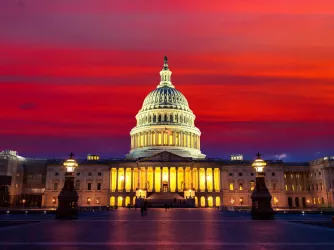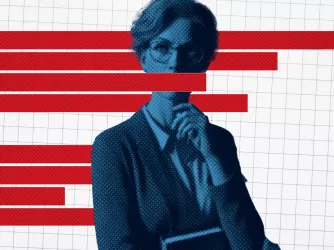Table of Contents
FSN Member, Former FIRE Intern Defend Free Speech at Brown

Former FIRE intern Daniella Dichter and FIRE Student Network member Rohan Gulati have penned an excellent op-ed in The Brown Daily Herald, responding to recent student calls asking Brown University to censor articles that could be considered “racist, classist, cissexist, heterosexist, sexist or ableist.”
Criticism of the Daily Herald began after the paper published two controversial op-eds by student M. Dzhali Maier. The first, published October 5, discussed race, privilege, and agricultural development. The second—which appears to be archived here but is no longer accessible via the Daily Herald’s archives—was published the following day and concerned Native Americans’ relationship with Columbus Day.
On October 7, the Daily Herald published an apology note from the editors, appended a disclaimer to the first article, and completely removed the second one from its website. The subsequent response from university administrators (including Brown president Christina Paxson) and the paper itself, according to Dichter and Gulati, was at best a “tepid endorsement of free expression”:
A commitment to the free exchange of ideas must be unqualified; in order to truly embrace the ideal of free inquiry, the entire campus community must be willing to engage with all ideas, especially ones they oppose.
While acknowledging the right of students to call for censorship, Dichter and Gulati warn that “when students ask for insulation from unpopular, controversial or offensive ideas, they cheapen their own educational experience and fail to live up to the goals of higher education.” They further point to the irony presented by advocates who call for censorship by discussing the historical importance of free speech to achieving their own goals:
Many of the individuals calling for censorship are motivated by a bona fide commitment to social justice. What these individuals fail to understand is that freedom of speech is one of the most fundamental tools for promoting social change. It was only with the protection of free speech that civil rights activists in the 1950s and 1960s were able to protest injustice and bring about powerful changes in society. Censorship is a tool of oppressors; those who strive to overcome oppression should not adopt the same tactics of the institutions they criticize.
Dichter and Gulati also call attention to the calls for censorship that are so far-reaching as to “argue that lecture series, debate societies and student newspapers should not provide a platform for opinions that are offensive.” As they write:
Disregarding the fact that such a standard would be impossible to determine objectively, the more pressing issue is how students deal with speech that offends them. As Former Supreme Court Justice Louis Brandeis put it, when confronted with opposing viewpoints, “the remedy to be applied is more speech, not enforced silence.” Open dialogue forces us to critically examine our own beliefs and leads to the discovery of knowledge.
Especially with the FIRE Debates series starting at Texas A&M on October 20, we here at FIRE hope more students stand up for the rights of newspapers, debate societies, and lecturers to express and challenge all opinions that come their way.
Recent Articles
FIRE’s award-winning Newsdesk covers the free speech news you need to stay informed.

VICTORY: FIRE lawsuit leads California to halt law penalizing reporters, advocates, and victims who discuss publicly known information about sealed arrest records

O holy fight: New Hampshire Satanic Temple statue threatened by more than vandals

FIRE to Congress: More work needed to protect free speech on college campuses
